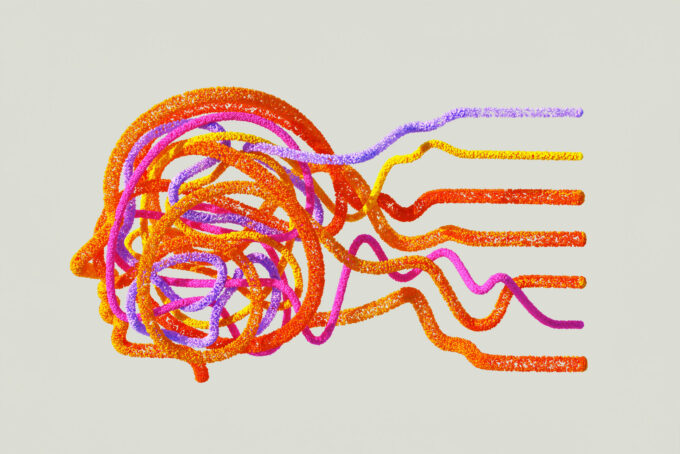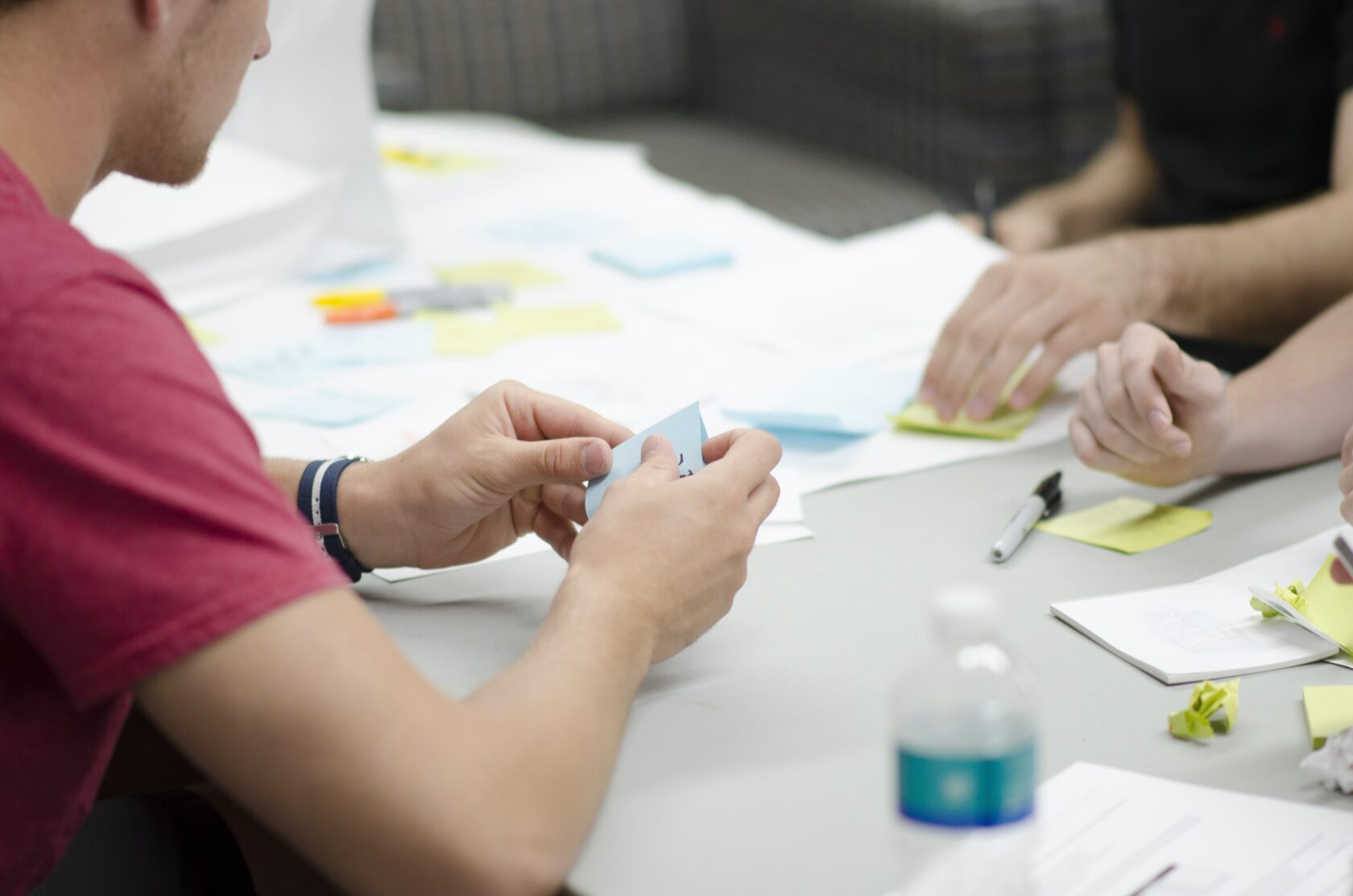
Open Access Barcamp 2023: Live and in Colour
The third barcamp of the open-access.network project was also the first to take place in person, as originally planned. The intensive all-day event brought together participants from all over the German-speaking world to discuss current topics related to Open Access.
by Danny Flemming
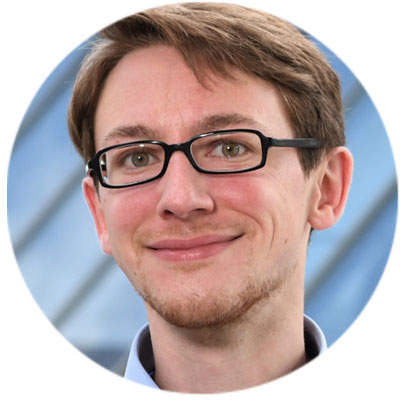
No journey was too far: participants came from Hamburg, Berlin, Austria and Switzerland, among other places, to Konstanz on Lake Constance on 28 March 2023 – despite nationwide train strikes. The enthusiasm was too great to finally be able to discuss Open Access developments and challenges in person, after the online formats of previous years. The Open Access Barcamp 2023 was organized as part of the open-access.network project, which not only operates the portal of the same name , but also plays a key role in networking the Open Access community. The event was held at the Communication, Information and Media Centre (KIM) of the University of Konstanz. Its premises offered ideal conditions for productive face-to-face work and exchange in small and large groups, which formed spontaneously depending on the programme item.
Host Dr Anja Oberländer, deputy director of the KIM, warmly welcomed all participants and, after introductory words, handed over to project coordinator Andreas Kirchner, who broke the ice with an interactive round of getting to know each other and thus laid the foundation for a motivating, relaxed and yet concentrated working atmosphere.
Tailor-made programme with session planning
The actual programme was designed by the participants themselves according to their wishes and preferences using session planning. To this end, project team member Dr Martina Benz visualized all the suggestions for 90-minute long sessions that had been received online in advance, which could then be spontaneously supplemented with additional ideas.
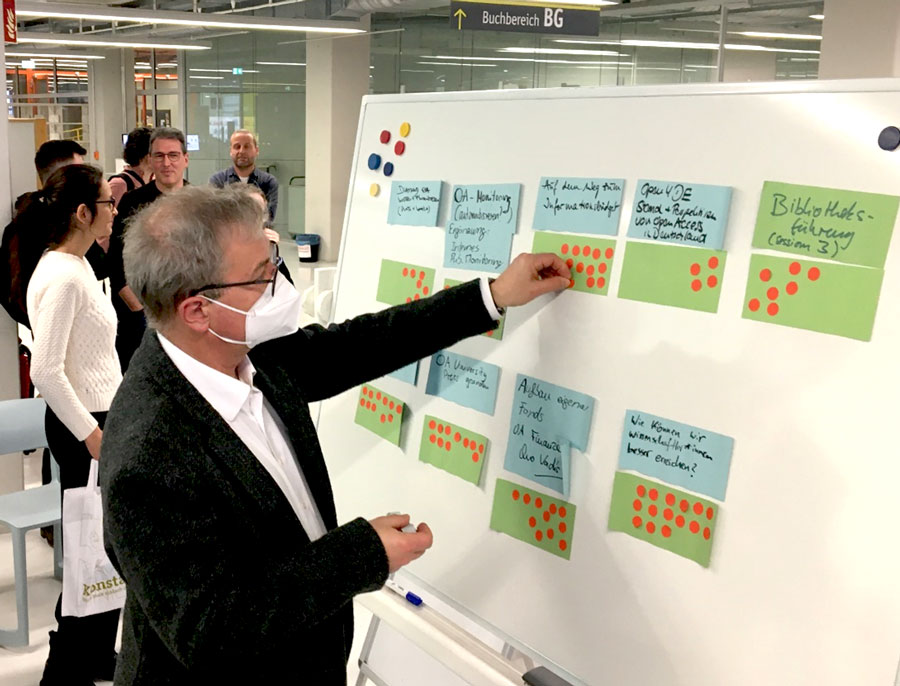
Figure 1: A programme tailored to the wishes of the participants. Photo: Andreas Kirchner©.
In total, nine different sessions with lectures, discussions and workshops on Open Access as well as a library tour came together, from which the participants could choose their respective favorites and the KIM organization team worked out the schedule for the rest of the day.
Keeping track – and setting up a publishing house yourself?
The first session, “Open Access Monitoring (Automate),” was offered by Dr Andreas Walker (Alfred Wegener Institute, Helmholtz Centre for Polar and Marine Research, Bremerhaven) and Christian Berger (Freiburg University of Education). Together with them, participants discussed how best to determine an institution’s Open Access rate. One possible solution mentioned was to take the topic of Open Access into account as early as beginning the establishment of a research information system and to set up a reliable data source through an interface to the institutional repository. This would help the library to generate publication lists and quarterly reports – which in turn would offer added value for the institution’s researchers.
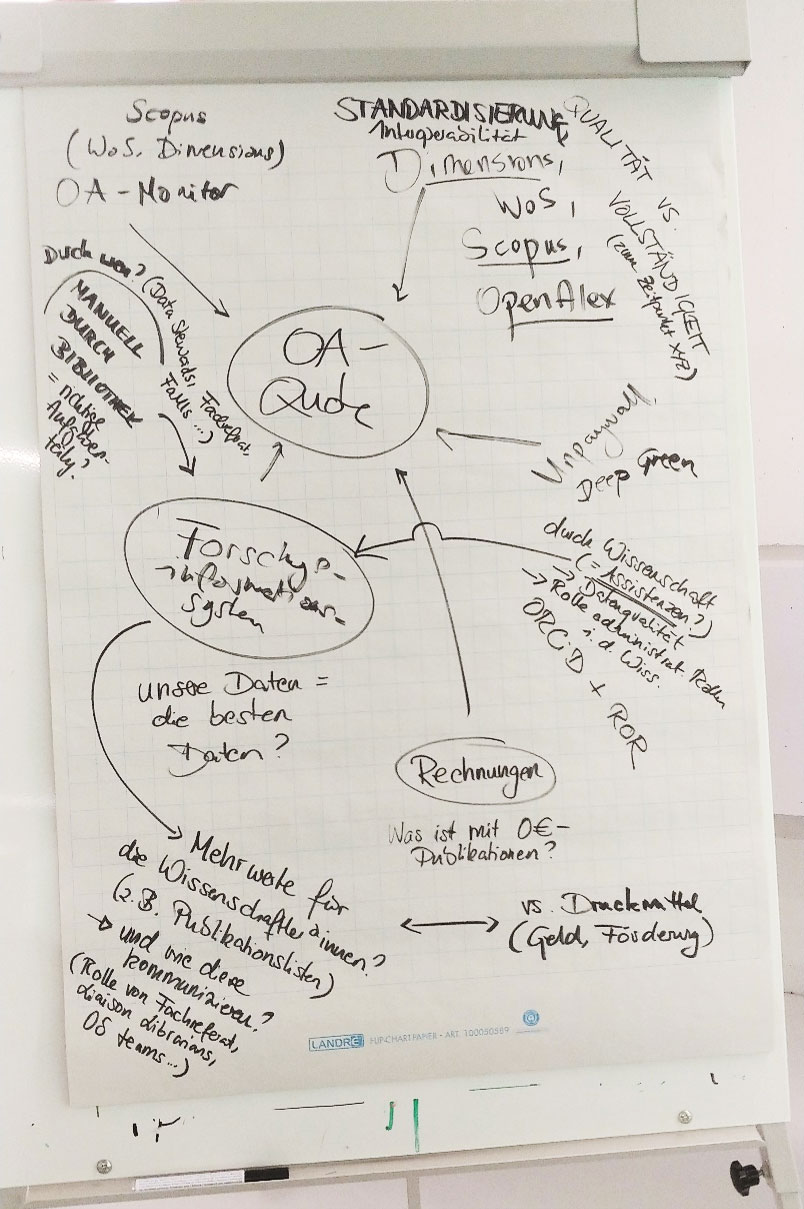
Figure 2: From Session 1: How do we actually know what our Open Access rate is? Photo: Danny Flemming©
In parallel, the session “Founding an Open Access University Press” proposed by Gerhard Bissels (PH Schwyz) took place, in which possibilities for founding university-owned publishing houses were discussed. Here, the example of the publishing house “Berlin Universities Publishing” was mentioned, in which four Berlin universities, FU, HU, TU and Charité, founded a joint publishing house. Based on this, the participants discussed various organizational and financing models and emphasized the importance of cross-institutional, ideally state-wide initiatives.
In the following session, Anke Rautenberg (KIM) outlined the concept of an information budget encompassing all revenues and expenses of a library for scientific information (for the concept of the information budget, see Pampel, Heinz, Auf dem Weg zum Informationsbudget: zur Notwendigkeit von Monitoringverfahren für wissenschaftliche Publikationen und deren Kosten, working paper. Potsdam 2019, (German) and Mittermaier, Bernhard, Das Informationsbudget: Konzept und Werkstattbericht, in o-bib 4 (2022) pp. 1-17. (German), which is already under development at the University of Konstanz. As success factors in the practical implementation, she emphasized the trustful cooperation between the departments involved and the increasing use of automated solutions.
Meanwhile, in the parallel session, Dr Martina Benz presented results from the project “Open4DE: Status and Perspectives of the Open Access Transformation in Germany” (documents, data and results of the project (German)). According to Benz, the further development of the Open Access transformation requires a transformation of Open Access funding, the development of information infrastructures, and a reform of research evaluation.
Speed dating and future perspectives
After the lunch break, a speed dating session ensured movement and individual networking before the participants had to choose between a workshop on the question “How can we better reach researchers?”, a session on financing models for Open Access, and a library tour by KIM subject specialist Livia Gertis.
In the workshop, Dr Danny Flemming (KIM) addressed the challenge of better communicating information and networking services on Open Access to the target group of scientists and scholars. Many experiences and best practices were collected, and it was emphasized that scientists must be offered a service with added value if they are to be persuaded to take a closer look at Open Access.
At the same time, Dr Daniela Hahn (University of Zurich) and Dr Martina Benz presented PLATO and KOALA, two model projects in the field of Diamond Open Access (see also the Action Plan for Diamond Open Access presented in 2022 by Science Europe, cOAlition S, OPERAS and the Agence Nationale de la Recherche (ANR), which is now also available in German).
This area was taken up again in the following session, which raised the question “Open Access funding quo vadis?”. During the discussion on developments and future perspectives of Open Access funding, it became clear that Diamond Open Access is a particularly promising and desirable model.
A long and productive day
At the suggestion of Marc Lange (HU Berlin), another session explored how to counter so-called “predatory journals” – a dubious business model of publishing everything unchecked against payment of often excessive fees. In particular, a Swiss Open Access publisher was hotly debated.
In a third parallel session, Nicolas Bach (Stuttgart Media University) presented a practical example of data-sovereign Open Access publishing. He showed how a decentralized distributed file system and a blockchain supported by the research community can be used to guarantee the integrity and authenticity of a publication.
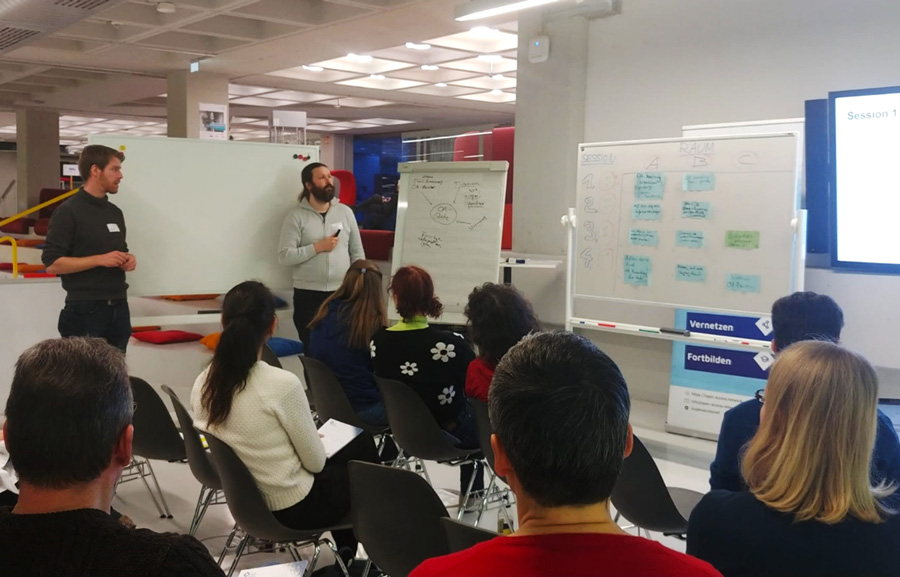
Figure 3: Concentrated work in a professional atmosphere. Photo: Danny Flemming©
In a closing session, the most important results of all sessions were compiled and feedback on the event was collected. The participants emphasized the pleasant and constructive cooperation, which had noticeably benefited by the exchange in presence. Further barcamps are planned for 2024 and 2025. Locations, times, and registration options will be posted on the open-access.network calendar as soon as they are known. The calendar provides a continuously updated overview of future events.
You may also find interesting:
- Open Access Barcamp 2022: Where the Community met
- Open Access goes Barcamp, Part 1: A new Networking Opportunity for the Open Access Community
- Open Access goes Barcamp, Part 2: How to Organise Networking Online
- 10 Jahre Years of OERcamp: Community Get-together on Digital and Open Educational Resources
- Open Science & Libraries 2023: 25 Tips for Conferences, Festivals & Co.
Dr. Danny Flemming (contact via mail), Graduate Psychologist, received his doctorate from Eberhard Karls University in Tübingen, where he conducted research at the Leibniz Institute for Knowledge Media and is now part of the Open Science team at the Communication, Information, Media Centre (KIM) at the University of Konstanz. He works in the open-access.network project, which promotes competence development and networking in the Open Access field.
Portrait, photographer: Christian Hartz©
Photos: Danny Flemming© and Andreas Kirchner©
View Comments
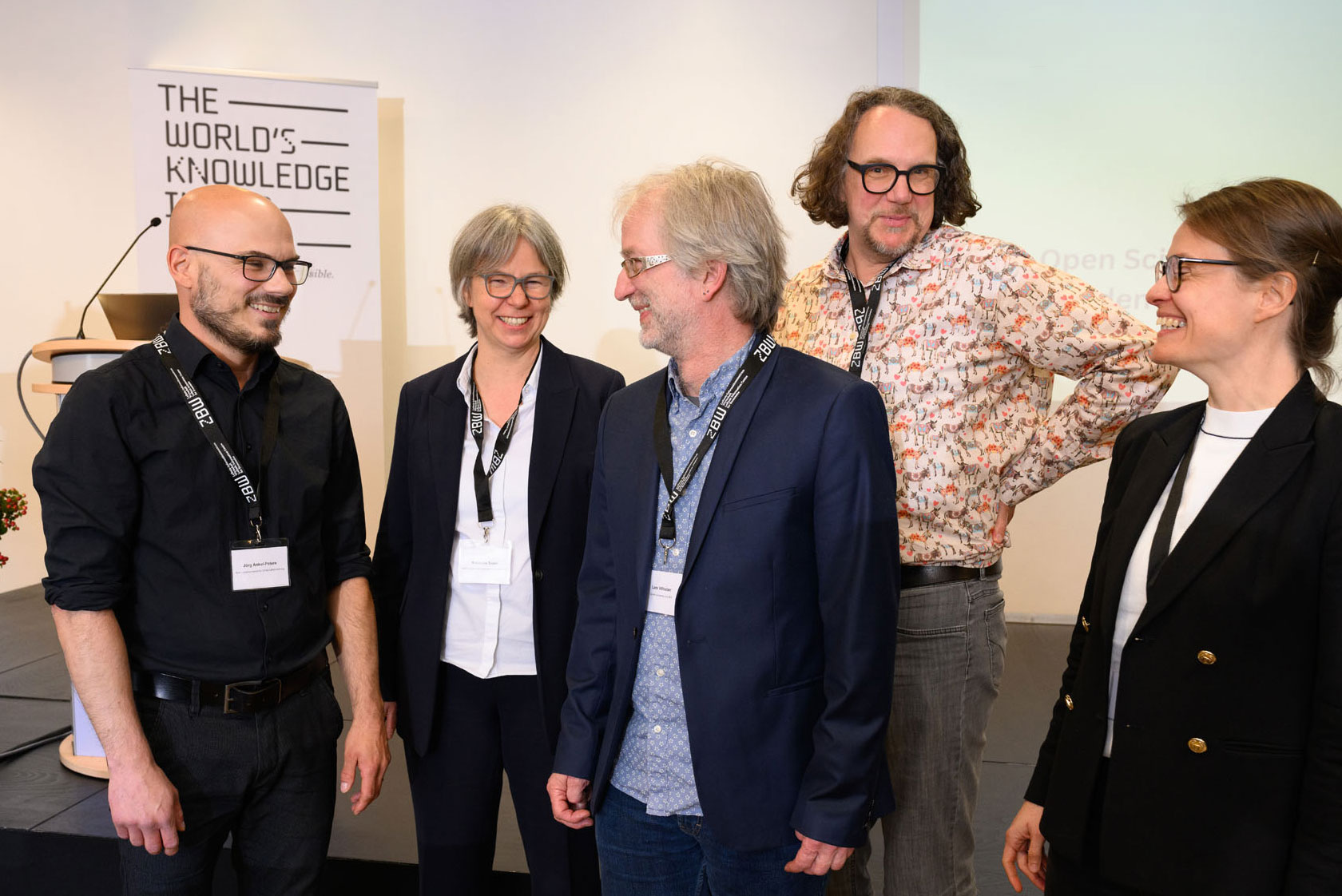
Open Science Symposium: Open Practices and Transparency in Business Studies and Economics
The symposium "Open Science – Research Transparency in Business Studies and...



